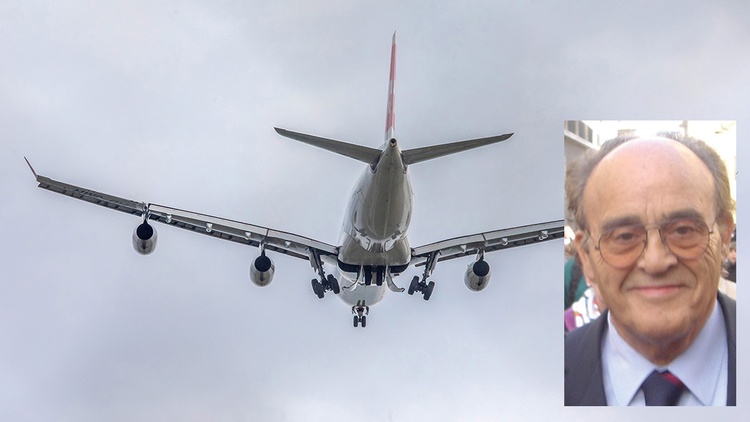Antonio Bamonte, owner of the historic travel agency, Viatour, has been concerned about the sector for some time.
“Tourism is starting to recover,” he said.
“There are signs that things are starting to return to normal in the travel industry.”
According to Bamonte, one of these signs is the price of airline tickets.
“Everyone will remember how ticket prices have skyrocketed over the past few months,” he said.
“Economy fares are going for thousands and thousands of dollars – something that has never been seen before.
“Many things have changed since New South Wales stopped imposing restrictions on the number of people who could enter the state, and got rid of mandatory quarantine for people who have been fully vaccinated.
“Airlines have started advertising more flights, and have been allowed to carry more passengers, which means that fares are beginning to go back to their usual prices.
“This is a sign of confidence in the future of the sector and an incentive for both tourists and businesses to get back out there.
“On the other hand, as soon as Australians were given the green light to travel abroad without exemptions or without having to quarantine upon their return, many people began to make travel plans, as our business has done as well, planning tours here in Australia, and abroad.”
However, something is still missing from the sector, and Bamonte believes that people’s hesitancy to travel is to blame.
“People are still afraid of the pandemic and uncertain of the future,” he said.
“There’s also a lack of clear information regarding the rules around travel.
“Each different country seems to have its own policies, and people are scared they’ll get stuck somewhere if something happens suddenly.
“The tourism sector will have to learn to live with these new requirements and equip itself to cater for the hesitant traveller.
“Safeguards have already been put in place – look at the security of the quarantine hotels over the last two months.
“The number of COVID-19 cases can be counted on one hand, because the system put in place by private companies and governments works.”
If overseas travel and inbound tourism are still weak in the coming months, it is believed that domestic travel could be the new frontier of tourism.
At the beginning of the pandemic, when Australia’s borders closed, the market was flooded with tourists who would have usually spent their time in Europe or Asia.
Over the course of the next two years, each state followed suit, closing its borders and making it impossible for people to travel interstate.
While the situation is now beginning to improve, the varying views of state governments continues to complicate matters.
“It’s important that at some point a federal decision is made to unite the rules regarding borders and quarantine procedure,” Bamonte said.
“That’s the only way domestic tourism will be able to succeed.
“It’s the primary source of income for many large, small and micro-businesses, including family-run ones, across New South Wales.”
“The pandemic has gone on for so long and we don’t know when it will definitively end.
“But now, we’ve moved on to a recovery period, where we can remain positive and stay hopeful about our future.”












